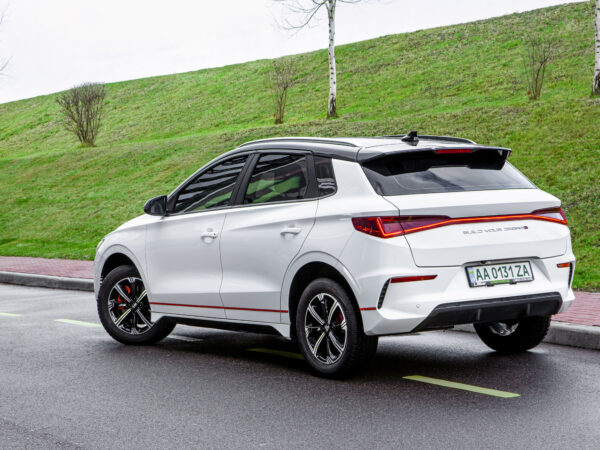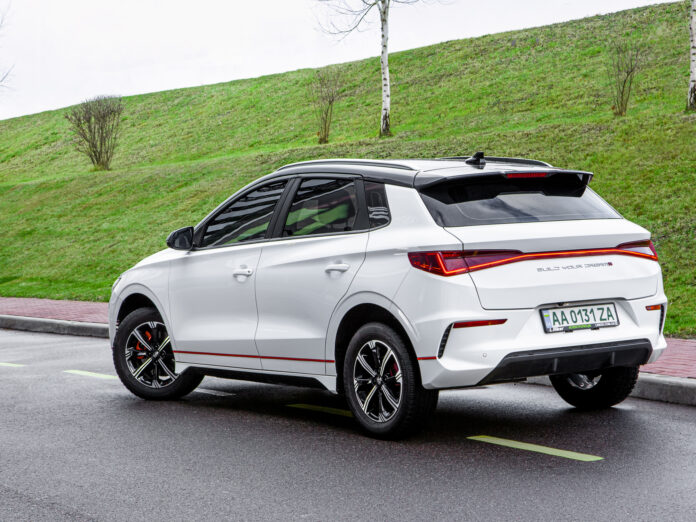The global automotive industry is facing a seismic shift as Chinese electric vehicle (EV) manufacturers rapidly advance, delivering increasingly sophisticated and technologically cutting-edge models at price points that are sending shockwaves through traditional markets. What was once dismissed as a nascent industry producing lower-quality imitations has blossomed into a formidable force, poised to redefine consumer expectations and challenge the dominance of established Western automakers.
China’s EV revolution is no longer a distant threat; it is a present reality, characterized by a relentless pursuit of innovation, aggressive pricing strategies, and a vertically integrated supply chain that offers an unparalleled cost advantage. Companies like BYD, Nio, Xpeng, and a host of emerging players are churning out vehicles that are not only aesthetically slick but also brimming with advanced features and impressive performance, all while being significantly more affordable.

Image source: Wikimedia Commons
Take, for instance, BYD, which has surpassed Tesla to become the world’s largest EV manufacturer. Its popular Seagull hatchback, known as the Dolphin Surf in some Western markets, is set to hit the UK with a price tag of around £18,000 – a figure that makes it remarkably cheap for an EV in Western markets. This affordability is not achieved by sacrificing quality. BYD’s “Blade Battery” technology, for example, is lauded for its safety, efficiency, and cost-effectiveness, enabling the company to produce cars up to 25% cheaper than Western competitors, according to a UBS report.
Beyond mere affordability, Chinese EVs are evolving rapidly in terms of design and technology. Once seen as lagging, domestic brands have invested heavily in creating vehicles that resonate with a tech-savvy consumer base. Modern Chinese EVs are often described as “rolling smartphones on wheels,” seamlessly integrating advanced infotainment systems, sophisticated driver-assistance features, and over-the-air updates that keep vehicles constantly evolving. XPeng’s G6, for instance, boasts 800V charging architecture, allowing it to gain hundreds of kilometers of range in minutes, rivaling and in some cases surpassing its Western counterparts.
This swift ascent is fueled by a confluence of factors:
- Massive Scale and Vertical Integration: China produces more than half of the world’s EVs and controls over 70% of the global lithium-ion battery production. Companies like BYD produce up to 90% of their components in-house, creating immense economies of scale and driving down costs.
- Fierce Domestic Competition: The Chinese EV market is arguably the most competitive in the world, with hundreds of brands vying for market share. This intense rivalry forces continuous innovation and aggressive pricing, benefiting the consumer.
- Government Support: Lavish state funding and strategic industrial policies have provided a fertile ground for growth, fostering an ecosystem that has enabled companies to rapidly develop and scale.
- Consumer-Centric Innovation: Chinese automakers have focused on features that enhance user experience, from intuitive interfaces and advanced connectivity to impressive range and fast-charging capabilities, catering to a new generation of drivers.
For Western automakers, the rise of Chinese EVs presents a formidable challenge. They face mounting pressure to cut costs, accelerate their own innovation cycles, and adapt to a market where brand heritage no longer guarantees loyalty. While tariffs imposed by the U.S. (now 100% on Chinese EVs) and the EU (up to 35.3%) aim to protect domestic industries, Chinese manufacturers are exploring various strategies, including setting up production facilities abroad and forming partnerships, to circumvent these barriers.
The shift is undeniable. In 2024, 11 million of the 17 million battery and plug-in hybrid cars sold worldwide were in China. Chinese brands, meanwhile, captured 10% of global EV and plug-in hybrid sales outside their home country, a figure projected to grow. As the global EV market matures, the ability of Chinese automakers to deliver high-quality, technologically advanced, and affordable vehicles is set to redefine the automotive landscape for decades to come, promising more options for consumers but also unprecedented competition for legacy players.
